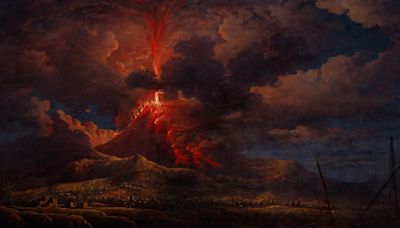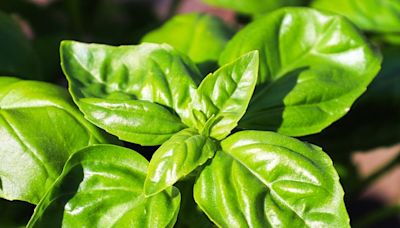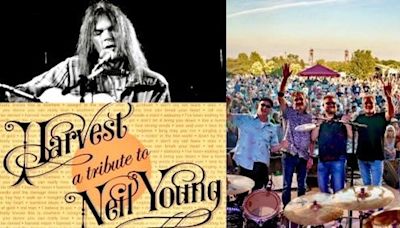Search results
- They did many of the things that are still done today, as the Roman society was very advanced. They were farmers, shopkeepers, restaurant operators, bakers, politicians, housewives, senators, and soldiers, among other things.
history.answers.com › ancient-history › What_did_the_Romans_do_for_a_living
People also ask
Why was daily life important in ancient Rome?
What was life like in ancient Rome?
Who contributed to the expansion of Rome?
What was life like in Roman towns?
From the obvious (architecture and hygiene) to the more unusual (fast food and advertising) the Romans have left their mark across the country. Here, two of our experts, Mark Douglas and Frances McIntosh, explain about what we owe to the influence of the Roman Empire.
- Mornings in Ancient Rome
- Afternoon Activities
- Supper in Ancient Rome
- Rome at Night
- A Day in The Life of Ancient Rome
In his 1936 book, Daily Life in Ancient Rome, historian Jérôme Carcopino describes the routines that defined the existence of city-dwellers during the Nerva-Antonine dynasty — an important distinction, not only because customs changed as rapidly in ancient times as they do today, but also because the experience of the townsman differed greatly from...
For most Romans, the work day began at dawn and ended around noon. The entire afternoon was reserved for recreation. Ancient Rome had a lively leisure industry, meaning citizens could entertain themselves in any number of ways. They might see a play at the theater or watch races at the Circus Maximus. Of course, there was also the Colosseum. The Co...
The baths closed at sundown, though most left before that, so they would have ample time to eat. Supper was the most important meal in a Roman’s day, considering breakfast consisted of water and lunch of bread with cheese and cold cuts. For patricians, supper could last anywhere between one and four hours. Banquets held by the most lavish emperors,...
While patricians have become famous for their extravagance, plebeians valued modesty. Painted on the walls of one Pompeii resident were dictums that spelled out proper dining etiquette: “Spare thy neighbor’s wife lascivious glances and ogling flatteries, and let modesty dwell in thy mouth… Be amiable and abstain from odious brawlings if thou canst....
The daily routines of ancient Romans were markedly different from those of modern Europeans or even Italians. Thermae have long ceased to be the bedrock of Western civilization, and though lavish dinner parties still occur, they are now the exception rather than the norm. At the same time, we cannot help but see part of ourselves in this long-gone ...
Explore ancient Rome's empire, life, and influence from 625 BC to 476 AD, detailing daily routines, social hierarchy, economy, health, religion, and culture.
- Cory Price
3 days ago · However, everyday life in ancient Rome was far from glamorous for most of its citizens. The city of Rome itself was at the heart of a vast empire, but most people under its control didn’t live there. At the peak of its power, Rome was a melting pot of cultures and classes. Patricians lived in luxurious homes, while plebeians and slaves often ...
Dec 11, 2014 · The Romans developed networks of trade and food supply that enabled them to escape local water constraints, in a way that is explained in a new study in the journal . Fertile regions such as...
- Jonathan Bridge
Feb 14, 2021 · Living in the Mediterranean, daily life in ancient Rome revolved around the climate. Unlike the more northern Europeans of the past and today, the ancient Romans started their days early in the morning and finished work by the early afternoon, as it would have been much too hot to continue their work later into the day.
Whilst people often get wrapped up in the expansion of Rome, its emperors, buildings, economic power, people tend to overlook the unsung heroes of this ancient civilisation – the people of Rome. These citizens lived a fairly normal life of labour, food and relaxation, but they also contributed to the expansion of the Empire.





